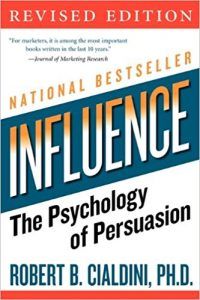
Book summary: Fooled by Randomness by Nassim Nicholas Taleb
The book talks about randomness, associated maths, and the psychological biases which interfere with a more stochastic approach to thinking about life.

The book talks about randomness, associated maths, and the psychological biases which interfere with a more stochastic approach to thinking about life.
KBB is used in the US for estimating the value of a used car before buying/selling it. While helping friends buy used cars, I felt that it always overvalued the car. I feel there is an anchoring effect in play here. A car owner (seller) feels happier checking the value of their car since it is being reported higher than what they expect. This provides a nice room for providing a discount for converting the buyer. A buyer, especially a first-time one, would feel happier since they are getting a discount on the KBB value. If instead KBB rightly priced the cars, it would leave no room for negotiation, leading to lower conversions. Thus, despite having no direct incentives, KBB would be inclined towards overvaluation. I wonder if the same thing applies for home-buying sites like Zillow and Trulia. ...

The book is an interesting take on what it takes to attain a happy marriage and why only ~30% of us end up in happy marriages. The book is divided into three sections - what is love, why we fail in the game of love and what can we do differently to succeed at it.

The book talks about various psychological tactics used by compliance practitioners like salespeople, waiters, car dealers, and fundraisers to influence us into saying yes to something to which ideally we would have said no. The author went and took sales jobs as a car salesman and waiter to see these tactics in action. He referred to these tactics as six weapons of influence. Each of them forms the basis of a chapter in the book. Weapons of influence Weapons of influence consist of identifying fixed action patterns and exploiting them. Compliance practitioners use them as a basis for influence.